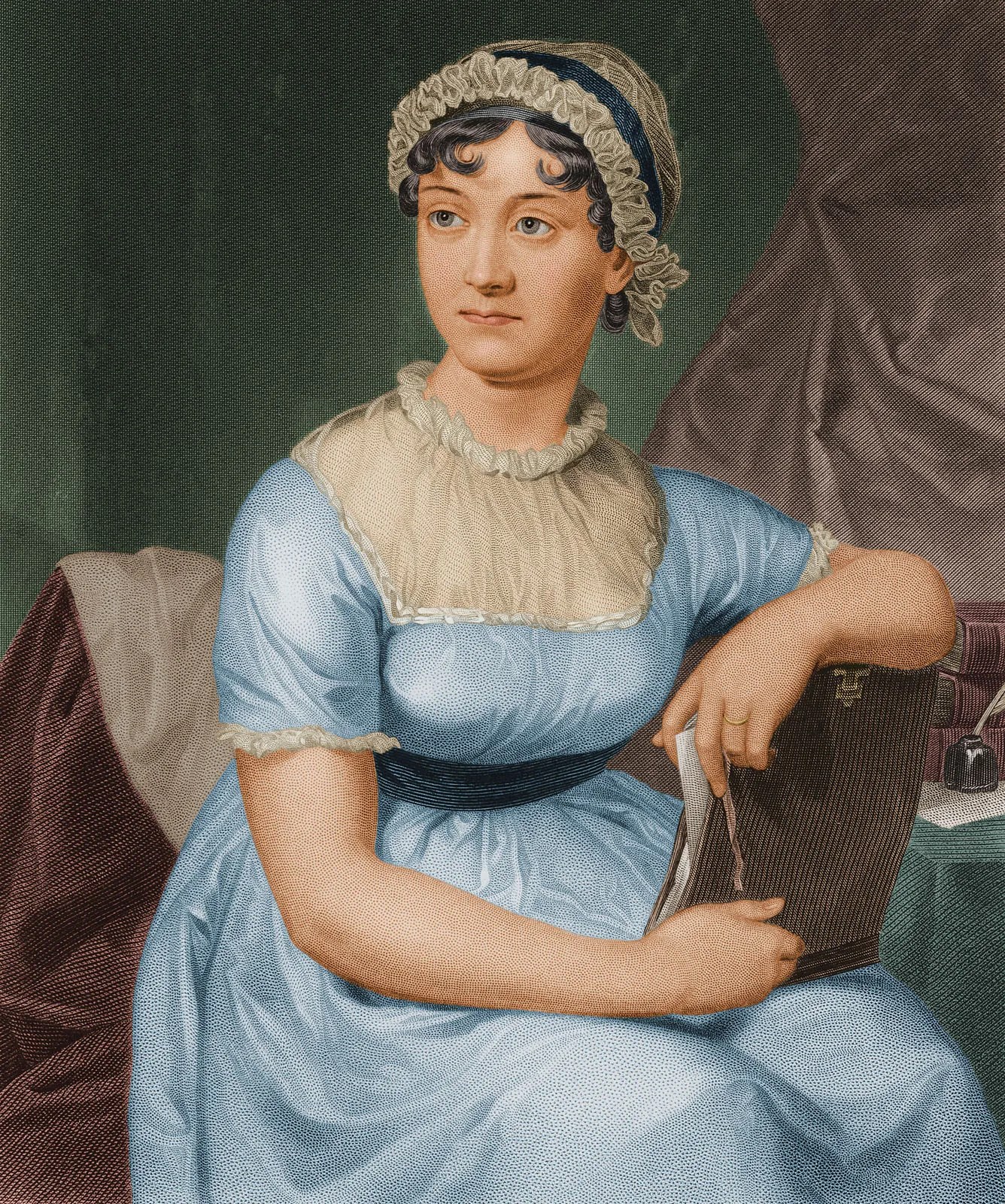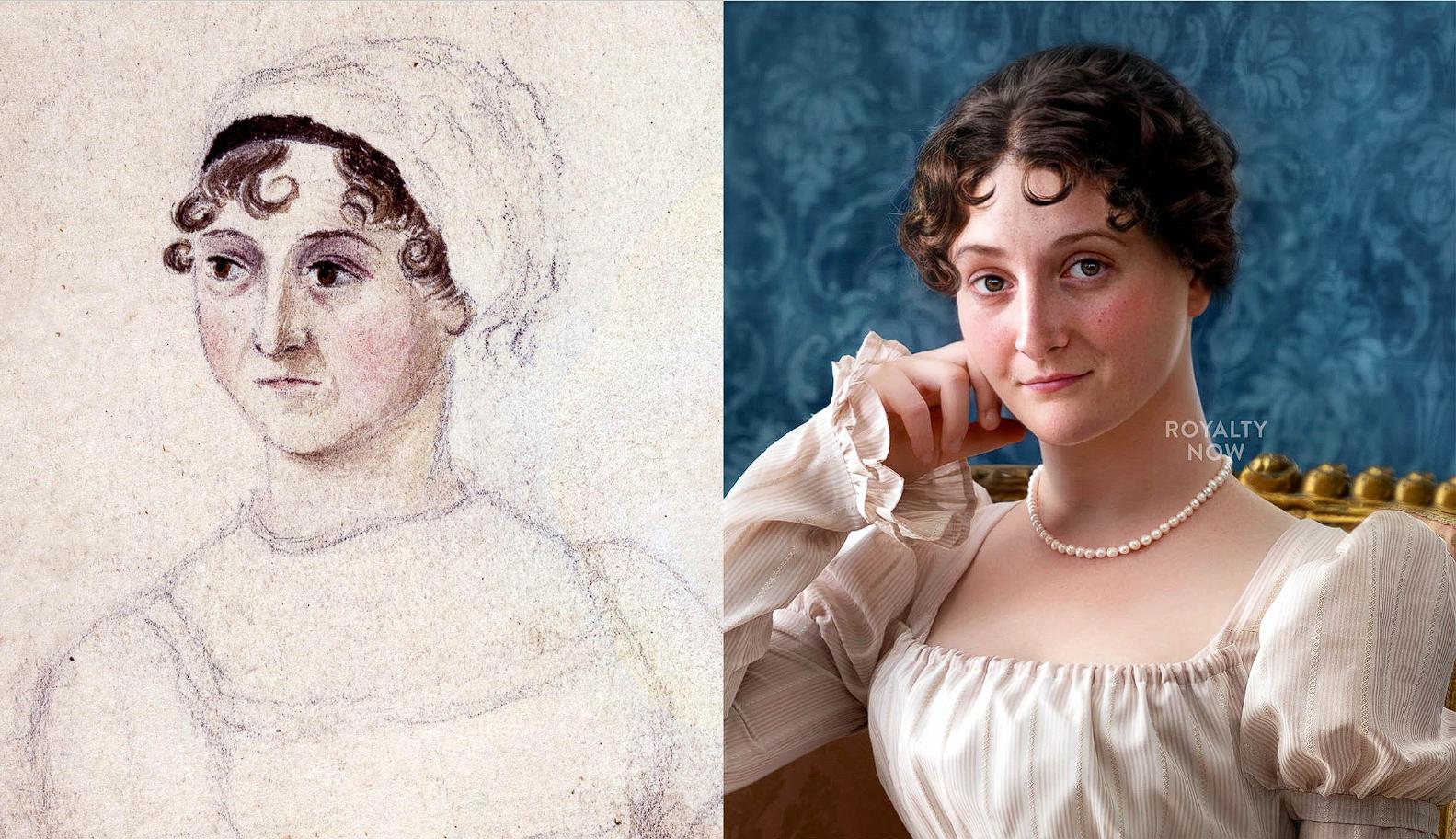Jane Austen’s entry into the literary world, shrouded in anonymity, reveals a complex interplay of societal constraints and artistic triumph. Her journey, beginning with the publication of “Sense and Sensibility,” marked a pivotal moment in literature, even as it reflected the challenges faced by women writers of her time.
The Veil of Anonymity: Navigating Societal Constraints
Jane Austen’s decision to publish her early works anonymously was a strategic response to the societal expectations and gender biases prevalent in Georgian England.
The “By a Lady” Conundrum: Gender and Publication

- The title page of “Sense and Sensibility” bore no name, attributing the novel simply to “By a Lady.” This anonymity was a common practice for women writers of the era, reflecting the societal pressures that discouraged them from public intellectual pursuits.
- Writing novels, though gaining popularity, was still viewed as an unsuitable occupation for women of Austen’s social standing. Publicly associating herself with such work could have subjected her to ridicule and tarnished her family’s reputation.
- This practice highlighted the stark contrast between the burgeoning popularity of female authors and the social stigma attached to their public recognition.
Shielding from Bias: Ensuring Merit-Based Evaluation
- Anonymity allowed Austen’s work to be judged on its intrinsic merit, free from the gender bias that often clouded the reception of female authors.
- Women in the literary world faced skepticism regarding their ability to produce serious or insightful writing. By remaining unnamed, Austen ensured her work was evaluated for its narrative skill and social commentary.
- This strategic anonymity, while shielding her from public scrutiny, also denied her the personal recognition she deserved, highlighting the delicate balance between artistic integrity and societal acceptance.
The Price of Recognition: A Delayed Acknowledgment
- Despite the anonymity, Austen’s keen observations, wit, and storytelling quickly garnered a devoted following. Her novels resonated with readers, transcending the limitations imposed by her unnamed status.
- However, this success came at a cost. While her work was celebrated, her identity remained hidden, denying her the personal acclaim that her talent warranted.
- This paradox of public acclaim and private anonymity underscores the complex relationship between female authorship and societal expectations in Austen’s time.
The Rise of a Literary Titan: Breaking Through Barriers
The success of “Sense and Sensibility” and subsequent novels marked a turning point in Austen’s career, establishing her as a literary force and paving the way for her enduring legacy.
A Literary Breakthrough: Challenging Social Norms
- “Sense and Sensibility” explored themes of love, class, and the delicate balance between emotion and reason, showcasing Austen’s ability to critique social norms with humor and precision.
- The novel’s popularity demonstrated the power of her storytelling and her ability to capture the complexities of human relationships within the context of her era.
- This early success paved the way for her later masterpieces, including “Pride and Prejudice,” “Mansfield Park,” and “Emma,” all of which continued to be published anonymously.
Building a Legacy: Enduring Themes and Narrative Mastery
- Austen’s novels, regardless of their anonymous publication, resonated with readers due to their timeless themes and masterful storytelling.
- Her exploration of social dynamics, moral dilemmas, and the intricacies of human nature transcended the limitations of her time, establishing her as a literary giant.
- Her ability to craft compelling narratives, populated with memorable characters and infused with sharp wit, solidified her place in the canon of English literature.
Posthumous Recognition: Securing a Place in History

- It was only after her death in 1817 that her brother Henry publicly revealed her identity, securing her rightful place in literary history.
- This posthumous acknowledgment highlighted the enduring power of her work and the belated recognition of her genius.
- Today, Jane Austen is celebrated as one of the greatest novelists of the English language, her works continuing to captivate and inspire readers worldwide.
The Enduring Impact: A Legacy of Feminist Literary History
Jane Austen’s early anonymity serves as a poignant reminder of the challenges faced by women writers, even as her enduring legacy celebrates their resilience and talent.
A Reflection of Societal Constraints: A Historical Context
- Austen’s early anonymity reflects the societal constraints and gender biases that limited the public recognition of female authors in her time.
- Her story underscores the importance of understanding the historical context in which women’s literature emerged and the obstacles they had to overcome.
- This historical perspective allows us to appreciate the significance of Austen’s achievements and the broader struggle for female literary recognition.
A Testament to Talent: Overcoming Obstacles
- Despite the limitations imposed by her era, Austen’s talent shone through, transcending the barriers of anonymity and societal expectations.
- Her enduring popularity and critical acclaim stand as a testament to her literary genius and her ability to connect with readers across generations.
- Her story serves as an inspiration for aspiring writers, particularly women, demonstrating the power of talent to overcome adversity.
A Lasting Legacy: Celebrating Female Authorship
- Jane Austen’s legacy extends beyond her literary achievements, encompassing her role as a pioneer for female authorship.
- Her work continues to be celebrated for its enduring themes, masterful storytelling, and insightful social commentary.
- Her story serves as a reminder of the importance of recognizing and celebrating the contributions of women writers throughout history.
Conclusion:
Jane Austen’s journey, marked by anonymity and eventual acclaim, is a testament to the power of talent to transcend societal constraints. Her enduring legacy, celebrated for its literary brilliance and social insight, continues to inspire readers and writers alike, reminding us of the enduring power of female voices in literature.
